
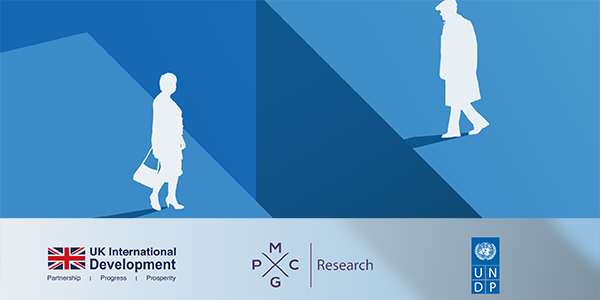
The research study analyses the gender aspects of Georgia's accumulated pension system and assesses the potential gender disparity in pensions between women and men.

The study examines the challenges faced by state agencies regarding various forms of labor relations, and embraces the perspectives of multiple stakeholders.
The study had two primary objectives: to analyze common challenges related to labor relations among civil servants; and to assess the need to identify additional categories of personnel within state agencies that might require specific regulations. Based on the research findings, the study issued recommendations to tackle the challenges highlighted.
The research was conducted with the support of UNDP and the UK government, with the aim of promoting cooperation between civil society organizations (CSOs) and state institutions regarding ongoing public administration reform topics.

This paper provides a comprehensive understanding of household income distribution in Georgia. It presents an analysis of income inequality beyond the traditional Gini coefficient by examining additional dimensions of income distribution. More precisely, the paper compares the income of different segments of society, household income in rural and urban areas, and between regions.
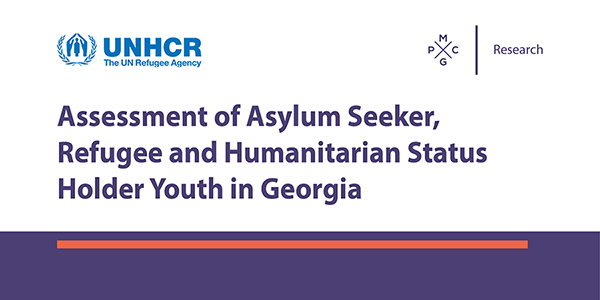
A study of the “Assessment of Asylum Seeker, Refugee and Humanitarian Status Holder Youth in Georgia” has been prepared by PMC Research with the support of the United Nations High Commissioner for Refugees (UNHCR). The study’s overall objective was to assess the current situation of asylum seekers, refugees, and humanitarian status-holding youth (i.e. those aged 14-291) in Georgia, including with respect to their access to rights and services. The study was conducted in December-March 2023.
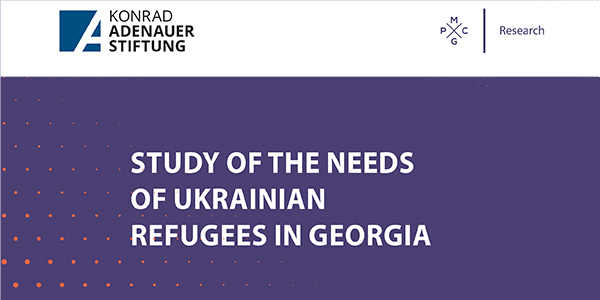
The unprovoked Russian invasion of Ukraine not only disarranged the economic and political state of the world but also worsened the lives of millions of Ukrainians. Since the war began, more than 7 million refugees have left Ukraine and Georgia is among the countries Ukrainian refugees arrived after the start of the war. To assess Ukrainian refugees’ needs, education, skills and the labor market integration process in Georgia , PMC Research Center with the support of Konrad-Adenauer-Stiftung conducted a study in August-December 2022. Moreover, the study intends to produce recommendations for stakeholders to develop need-based services and support Ukrainian refugees' integration into the Georgian labor market.
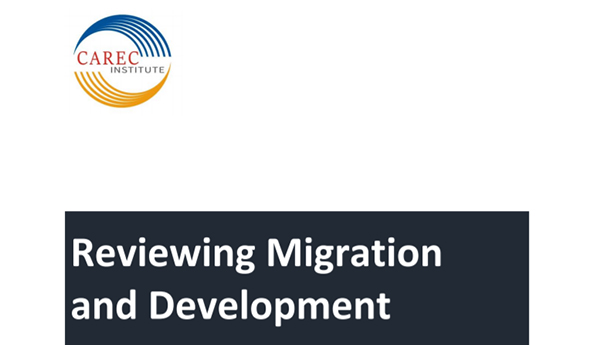
The paper reviews developmental implications of labour migration from Central Asia, analyses policy gaps in development-oriented migration management and offers recommendations to facilitate impactful engagement of local authorities in migration governance.
This paper is written by Dr. Giorgi Khishtovani, Director at PMC Research, with contribution from Maya Komakhidze, researcher at PMC Research.
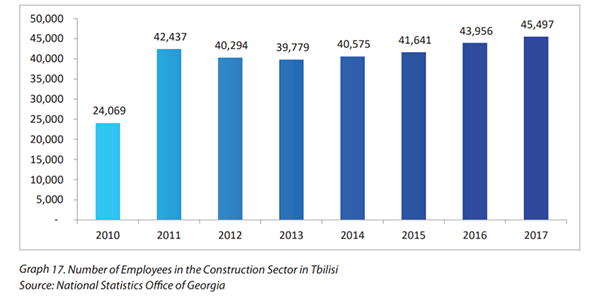
The study aims to map and analyze the private sector in Tbilisi, Samegrelo-Zemo Svaneti region (Senaki, Zugdidi, Tsalenjikha, and Poti municipalities) and Kvemo Kartli region (Marneuli municipality).
The assessment methodology entailed a combination of desk research and qualitative study. During the desk research, the size of the market in each of the target regions was studied and, by using the economic potential component of the Smart Specialization methodology, a private sector assessment was conducted. Smart Specialization is an approach that has been elaborated by the European Union (EU), and is widely used when analyzing national and regional competitiveness.
Under this approach, we have identified vital economic sectors (concentrated and competitive economic sectors) for the targeted regions, by using regional analysis methods such as location quotient (LQ) and shift-share analysis. With the help of shift-share analyses, competitive sectors for the targeted regions were identified, while concentrated sectors were identified by using LQ. After identifying concentrated and competitive sectors for targeted regions, the sectors which were both concentrated and competitive were chosen. If there was no such sector in a given location, then sectors were selected based on the shift-share analysis results. In addition, by applying enterprise birth and survival analysis, we identified economically active sub-sectors within each selected sector.
- Periodic Issues
- ECONOMIC OUTLOOK AND INDICATORS IN GEORGIA
- HOTEL PRICE INDEX
- PMC RESEARCH - IFO GEORGIAN ECONOMIC CLIMATE
- BLACK SEA BULLETIN
- QUARTERLY TOURISM UPDATE
- ECONOMIC OUTLOOK AND INDICATORS IN UKRAINE
- SECTOR SNAPSHOTS
- EMPLOYMENT TRACKER
- MACRO OVERVIEW
- BAG Index
- Profile Of Bilateral Relations

